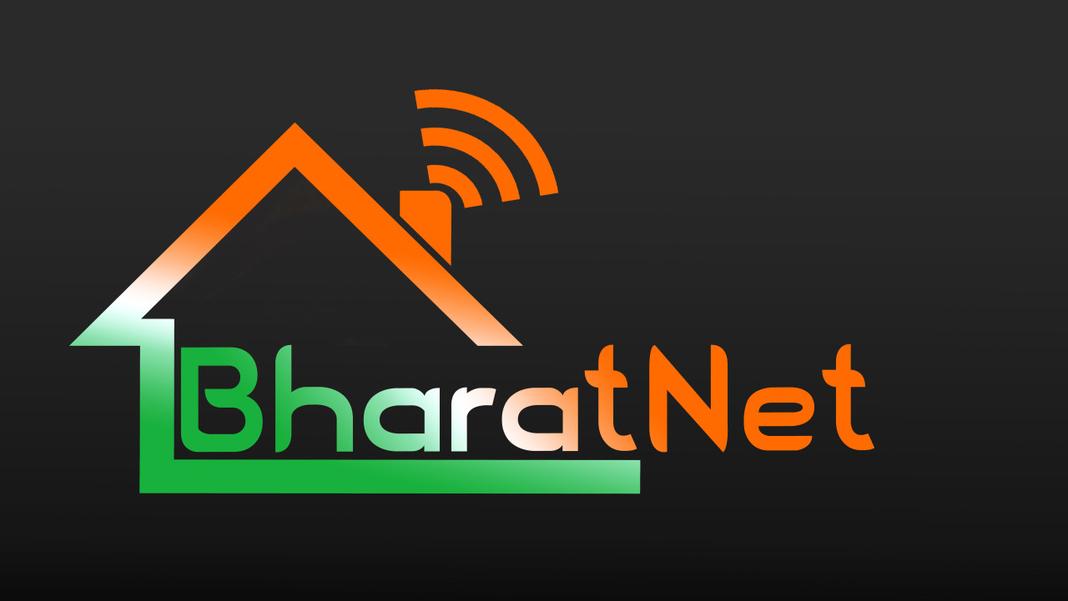BSNL floats Rs 65,000 crore tender for phase-III BharatNet project

- 20 Feb 2024
Why is it in the News?
BSNL, the state-owned telecommunications company, has initiated a tender process amounting to approximately Rs 65,000 crore for the implementation of the phase-III BharatNet project.
What is the BharatNet Phase III Project?
- The BharatNet phase-III project adopts a three-level architecture:
- Internet leased line bandwidth
- Middle-mile connectivity, and
- Last-mile connectivity
- It aims to involve village-level entrepreneurs or Udyamis in providing last-mile connectivity to households on a revenue-sharing basis.
- BSNL aims to provide 15 million home fibre connections over five years using the BharatNet Udyami model.
About BharatNet Project:
- The BharatNet Project is one of the largest rural telecom projects in the world.
- It aimed at providing broadband connectivity to all Gram Panchayats across India in a phased manner.
- Its core objective is to ensure equitable access to broadband services for all telecom service providers, fostering the deployment of services like e-health, e-education, and e-governance in rural and remote areas.
- Initiated in 2011 and executed by Bharat Broadband Network Limited (BBNL), a Special Purpose Vehicle established in 2012, the project operates in three phases.
- Phase I launched in 2011, focused on creating the National Optical Fibre Network, leveraging existing infrastructure and laying additional fibre to bridge connectivity gaps up to the Gram Panchayat level.
- Phase II, approved in 2017, builds upon Phase I’s experiences, aligning with the Digital India vision.
- It adopts a flexible approach, integrating various media such as Optical Fibre Cable (OFC), Radio, and satellite to connect Gram Panchayats, utilizing models like State-led, Private Sector, and CPSU Models for implementation.
- Phase III, spanning from 2019 to 2023, aims to establish a robust, future-ready network with district-to-block fibre connectivity, featuring ring topology for redundancy.
- This comprehensive approach ensures the creation of a resilient and inclusive telecom infrastructure, facilitating socio-economic development in rural India.
